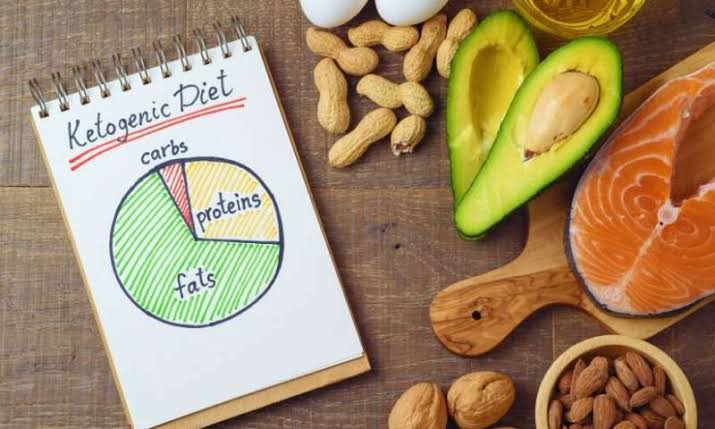No matter whatever your Fitness Goals are, you need a good combination of Workout as well as Diet. Both these things are complimentary and it is important to follow both. Following just any one of them will not give you the results you would be expecting.
We have been listening to a term called “KETO” in our fitness circles too much. Hence, we thought, lets see what it is and know more about it. Here you go..
What Is A Ketogenic Diet?
Ketogenic or Keto is a diet consisting of low carbohydrate but high fat intake.

What Is Ketosis?
The ketogenic diet enables the body to burn fat for energy instead of carbohydrates. Normally the carbohydrates in food are converted into glucose which is then transported throughout the body for energy. The ketogenic diet utilizes fat for energy by converting fat into fatty acids and ketone bodies. This puts your body into a metabolic state known as ketosis

Types of Ketogenic Diets :

1. STANDARD KETOGENIC DIET (SKD) :
This involves low carbohydrate (5%) ,moderate protein (20%) and high fat (75%)
2. CYCLICAL KETOGENIC DIET (CKD) :
This is a diet where one has 5 ketogenic days followed by 2 high carb days.
3. TARGETED KETOGENIC DIET (TKD) :
This diet allows you to add carbohydrates around workouts.
4. HIGH PROTEIN KETOGENIC DIET :
This diet is composed of 60% fat,35% of protein and 5% of carbs.
The SKD diet is most researched and recommended.
Benefits Of A Ketogenic Diet :

1. Originally used in the 1920s as a therapeutic measure for seizures, this diet has effectively combated Epilepsy.
2. This diet can help in Weight Loss by Food elimination, as limiting carbohydrate intake can limit your food options to a certain extent. Acting like an appetite suppressant because it makes you feel ‘full’. Glycogenesis, a process which burns extra calories. Increased fat burning and decreased fat storage.
3. This diet boosts insulin sensitivity along with promoting fat loss which is beneficial for people with Type 2 Diabetes.
4. It minimizes the risk of Heart Disease.
5 .It minimizes the risk of Cancer.
6.It is an effective measure for Alzheimer’s and Parkinson’s disease.
7. This diet is also serviceable for women suffering from PCOS (Polycystic Ovary Syndrome)
8. It is also beneficial for people with Acne.
Basically, the Ketogenic diet has proved useful in fighting various neurological and insulin related disorders.
Risks Involved In Ketogenic Diet :

- A Keto diet can lower blood sugar levels to a great extent so it is not advised for people with Type 1 Diabetes who are dependent on Insulin.
- It is strictly a ‘no’ for people who have a history of eating disorders.
- Those who have had their Gall bladder removed cannot attempt this diet because the Gall bladder stores the Bile which is vital for fat digestion.Without this organ ,a high fat diet is a bad idea.
- This diet can be injurious to those suffering from Thyroid diseases as it may suppress the thyroid hormone production.
- Because the keto diet is deficient in several vitamins and minerals, it can result in deficiency diseases and decreased bone mineral intensity.
- The lack of fiber can naturally lrad to constipation and other gastrointestinal distress.
- Multiple Sclerosis (MS) and kidney stones can also be an unfortunate consequence of the keto diet.
This article is just a preliminary guide which aims to familiarize you with the benefits as well as the risks concerned with the Keto diet Before venturing on it (or any other special diet ,for that matter) you should first consult your doctor or nutritionist.I hope this has proved useful for providing some basic first hand information.In my next article I will attempt to give you a detailed diet plan on what foods you should consume and what you should avoid .
Have a look at the video. Hope this helps.
Whichever diet you want to select, ensure you are well informed with all the benefits and risks. You can also try consulting your nutritionist as well.

